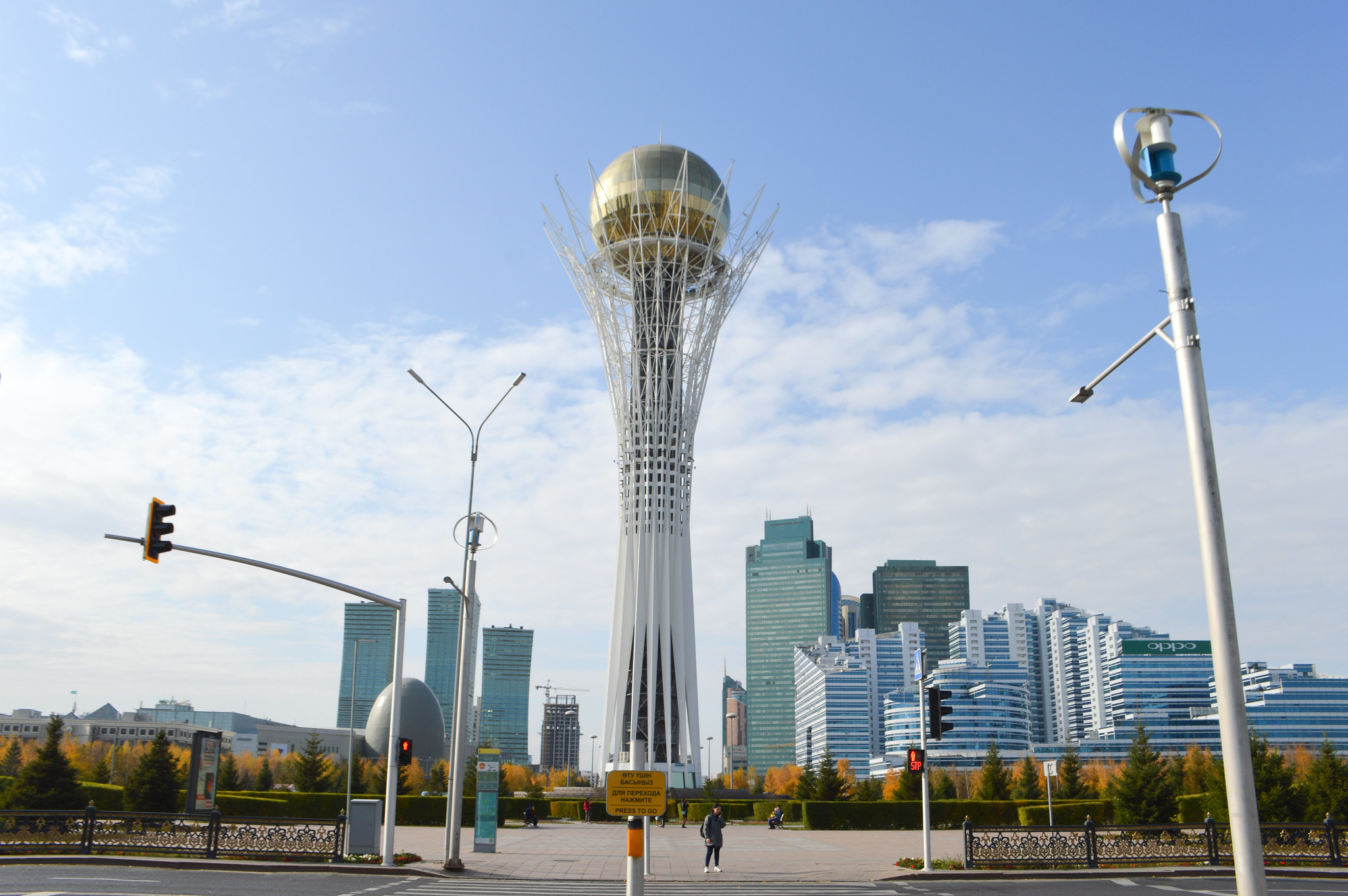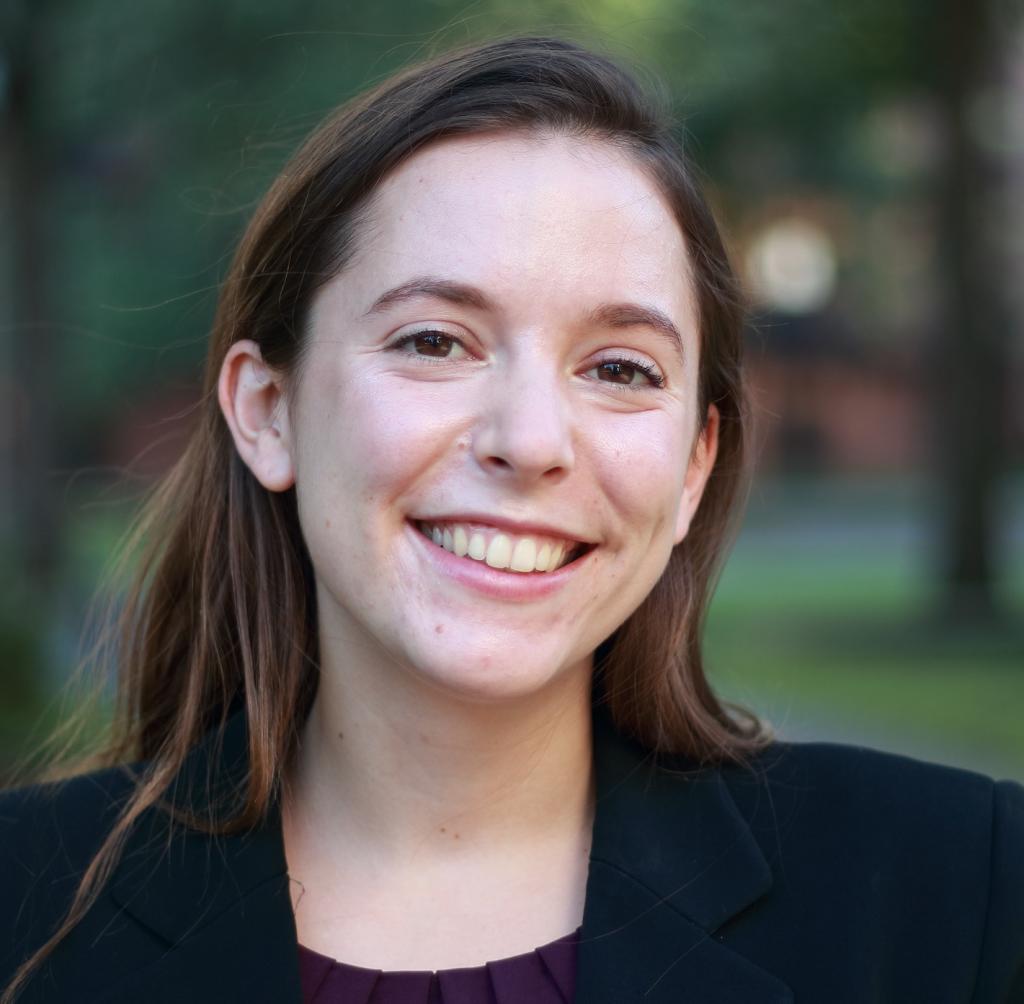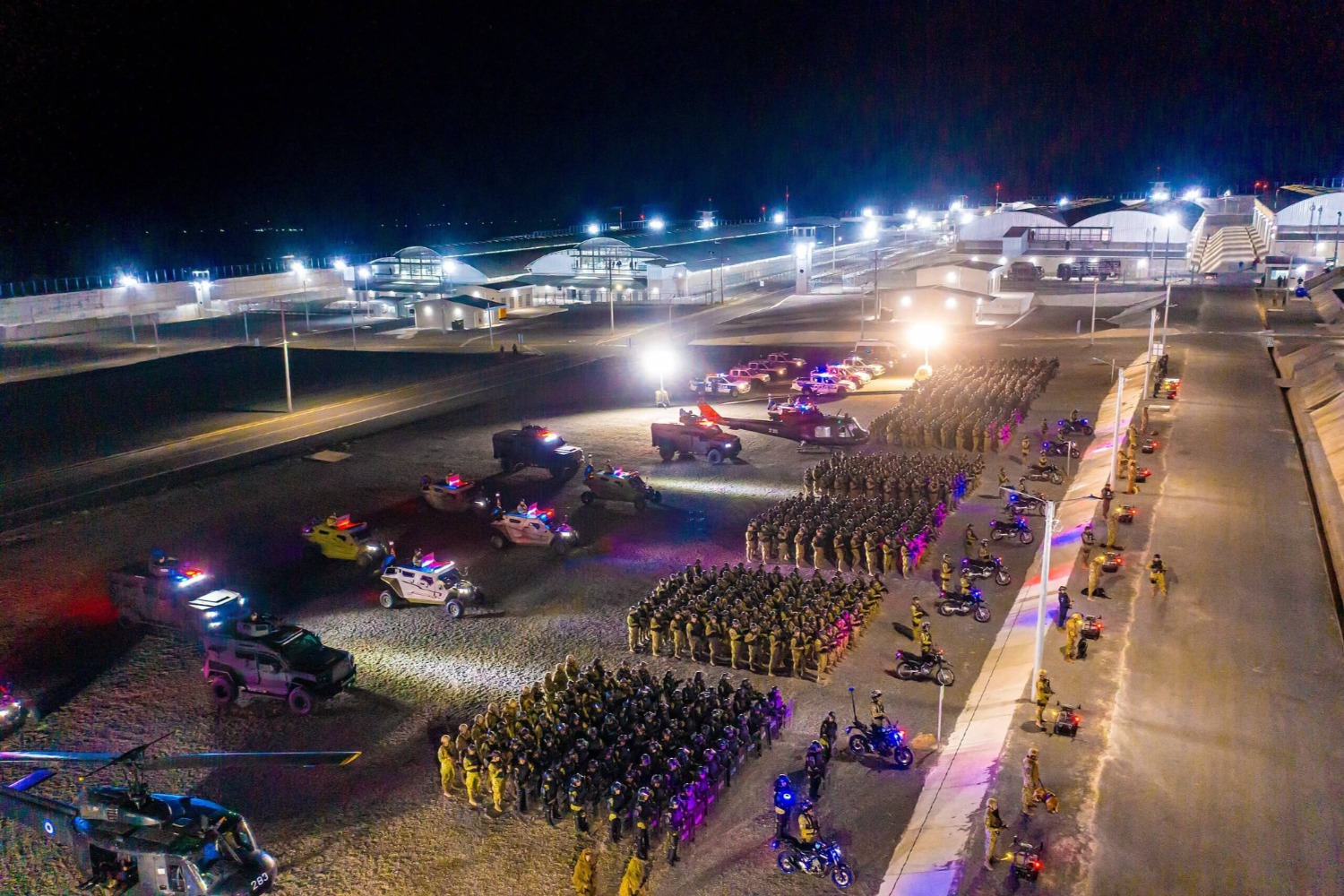Central Asian Elections Update
A new strongman takes power in Kyrgyzstan, while former President Nursultan Nazarbayev’s heir cements his control over Kazakhstan’s government.

Published by The Lawfare Institute
in Cooperation With

As the U.S. reeled from violence at the Capitol, two Central Asian countries held elections that were both uncompetitive and unsurprising. On Jan. 10, voters in Kyrgyzstan and Kazakhstan took to the polls in elections that did not portend a change from the status quo. Following an October 2020 revolution in Kyrgyzstan that led to the resignation of the country’s former leader, voters elected Sadyr Japarov, a populist and a convicted kidnapper, as the new president. Kyrgyzstan’s voters also passed a constitutional referendum that promised Japarov sweeping new powers in his first term.
In Kazakhstan, voters chose a new parliament for the first time since Nursultan Nazarbayev, the longtime ruler, stepped down from the presidency in 2019. The elections, which were boycotted by any meaningful opposition, gave the ruling Nur-Otan party a commanding majority in the country’s parliament. The Organization for Security and Cooperation in Europe called Kazakhstan’s electoral process “not competitive,” noting that it left voters with “no genuine political alternative.”
Background
Kyrgyzstan and Kazakhstan, two former Soviet republics in Central Asia, sit between Russia to the north, China to the east, and Uzbekistan and Afghanistan to the south. Although the two nations share a similar culture and language, they have taken drastically different paths since gaining independence after the dissolution of the Soviet Union in 1991. Kyrgyzstan, a mountainous country where nearly two-thirds of the population live in rural areas, is often hailed as Central Asia’s only democracy. Its democratic path has not been without upheaval, as Kyrgyzstan has seen three revolutions in the past two decades, including the protests this past October that ousted President Sooronbai Jeenbekov.
Kazakhstan, the ninth largest country in the world by landmass, owns vast reserves of natural gas. It is also far more urbanized and has a higher gross domestic product than its smaller neighbor. In Kazakhstan’s three decades of independence, it has had only two leaders: Nursultan Nazarbayev, who was the president of the Kazakh SSR at the time of the Soviet Union’s collapse and continued to rule the country until he stepped down in 2019, and Kassym-Jomart Tokayev, Nazarbayev’s handpicked successor. During Nazarbayev’s rule, there was virtually no space for opposition parties; he repeatedly won each reelection campaign with between 80 and 99 percent of the vote (his star power is so large in Kazakhstan that the capital city, formerly Astana, was rechristened Nur-Sultan in his honor in 2019).
Kyrgyzstan: Japarov Steps From Prison Into a Power Vacuum
Kyrgyzstan’s presidential elections were held after Jeenbekov stepped down in October 2020 following waves of violent protest. The October protests stemmed from parliamentary elections that were viewed largely as fraudulent and marred by widespread accusations of vote-buying. Kyrgyz citizens took to the streets and stormed government buildings. During this turmoil, demonstrators a longtime Kyrgyz politician named Sadyr Japarov from prison. A few days after the protests broke out, Jeenbekov bowed to protesters’ demands and annulled the legislative election results. Jeenbekov resigned shortly thereafter, Japarov stepped into power as an interim president. Japarov was also backed by members of the Kyrgyz cabinet and parliament and throngs of supporters in the streets of Kyrgyzstan’s capital. Japarov had been serving a 10-year prison sentence stemming from a 2013 rally in support of nationalizing the Kumtor gold mine, during which his supporters held a government official hostage in a gasoline-soaked car for several hours. Japarov claims the charges are baseless and politically motivated. Since mid-October, he has ruled as de facto president and only briefly appointed an ally as stand-in so that he would be eligible to run in January’s elections.
Despite running against 17 other candidates, Japarov swept the election, winning 80 percent of all votes. The runner-up, a fellow nationalist, garnered only 6.7 percent of the vote. In an interview with the Russian newspaper Kommersant after his victory, Japarov christened the October uprising a “Revolution of Hope.” He also claimed that he himself had fomented the plan to oust Jeenbekov and take power from his prison cell through connecting with supporters on WhatsApp and social networks. Japarov’s level of organization and seeming preparedness for the sudden elections far outstripped his competition: Royal blue billboards and posters reading “Sadyr – President” were plastered throughout Bishkek and other cities, far outnumbering any other candidate’s advertising.
Election observers working on Jan. 10 did not report the types of widespread ballot-stuffing and vote-buying that had discredited the October election. Some observers did report isolated incidents of vote-buying or other problems such as voting machines not working due to extreme cold or independent observers being denied access to polling places. But the accusations do not appear to have affected perceptions of the election’s integrity.
Voters also overwhelmingly approved a referendum that Japarov proposed to reestablish the presidential system of governance last used in Kyrgyzstan before the 2010 revolution. After that uprising, Kyrgyzstan’s governing system changed to a parliamentary system; the return to presidential rule ushered in by this election will give Japarov sweeping new powers and decrease the size of the legislature.
In stark contrast to the thousands of protesters who took to the streets in impassioned rallies just three months earlier, the January election lacked similar enthusiasm: Turnout of registered voters was just under 40 percent—the lowest in the country’s history. For many who had hoped the October revolution would break the cycle of corruption in Kyrgyz politics, Japarov’s overwhelming victory seems unlikely to provide much optimism. Rayimbek Matraimov, a criminal kingpin who was a supporter of ex-president Jeenbekov’s party, was widely viewed as responsible for the corruption of October’s disputed parliamentary elections. Japarov’s interim government arrested Matraimov but quietly released him the same day. This easy treatment of the “most notorious man in Kyrgyzstan” perhaps signals that Japarov’s government is not willing to crack down harshly on corruption and organized crime.
The new government also has to decide whether or not it will press charges against Jeenbekov. Japarov may be well served to learn from Kyrgyzstan’s tumultuous political past, or he himself might someday join the ranks of ex-presidents Bakiyev, Akayev and Atambayev—who are all either exiled abroad or currently sitting in jail on corruption charges.
Kazakhstan: The Ruling Party Remains in Control Amid Crackdown on Protesters
Kazakhstan’s Jan. 10 parliamentary elections—the first since Nazarbayev left office—dealt a commanding and expected victory to the ruling Nur-Otan party. Nazarbayev and his handpicked successor’s party won 71 percent of the total vote. Two other parties in favor of the Tokayev government, Ak Zhol and the People’s Party, also crossed the 7 percent threshold necessary to gain representation in parliament. Each will have 12 and 10 seats in the legislature, respectively, while the Nur-Otan party will have 76 seats. Only pro-government parties participated in the election; the single registered opposition party, the Nationwide Social Democratic Party, boycotted the election.
The small number of protests against this most recent election were met with police retribution. Videos posted to Twitter show groups of police ganging up on protesters using a controversial “kettling” tactic. In Almaty, Kazakhstan’s largest city, small groups of protesters were surrounded by rings of armed policemen and prevented from moving or dispersing. Some protesters reported being restricted for up to six hours in freezing temperatures, prevented from moving to obtain water or use a restroom. These arrests come in the context of a general crackdown on public demonstrations in Kazakhstan. Despite government promises to give greater legal protections to protesters, a new law on peaceful assembly, passed in May 2020, created obstacles to protesting legally and was widely criticized by international observers.
Widespread protests also marked the 2019 election to choose Nazarbayev’s successor. Some observers hoped the 2019 Nazarbayev transition would open the door for more opposition candidates and freer elections in Kazakhstan, but the results were a foregone conclusion: Tokayev, as Nazarbayev’s designated heir, won more than 70 percent of the vote. In the streets of Almaty and Nur-Sultan (recently renamed), 500 demonstrators protesting the election were arrested.
Nazarbayev is assumed to wield extensive power behind the scenes and sits as the permanent head of the National Security Council. Observers also speculate that his daughter, Dariga Nazarbayeva, could be an heir to the presidency. She served briefly as Kazakhstan’s speaker of the Senate before being removed by Tokayev in May 2020. She returned to politics in this election, however, and was elected as a delegate from the Nur-Otan party.
What Comes Next?
Japarov and Tokayev, seemingly free of all political opposition within their countries, now must both face the coronavirus crisis and manage their relations with China and Russia, the region’s superpowers. For the citizens of Central Asia, their elections represent a political landscape that continues to follow the status quo with small but vocal opposition movements failing to gain footholds in mainstream politics.





